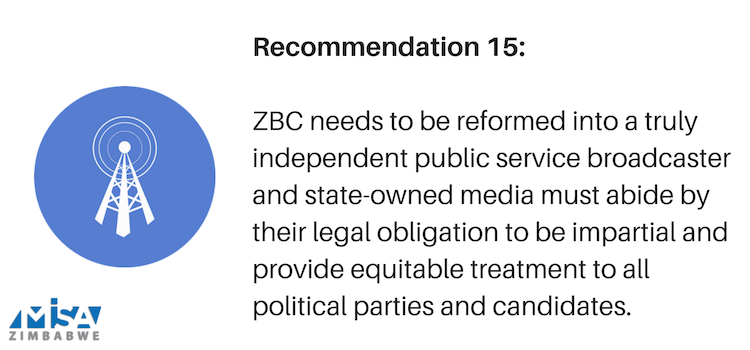The phrase ‘Trial by media’ or ‘media trial’ is not a legal term, although some of our laws allude to it.
A lawyer or law firm engaged in or associated with the prosecution or defence of a criminal matter, or associated with a civil action shall not, while litigation is anticipated or pending...
It is evident trial by media is a process that unduly interferes in the delivery of justice.
Criticism of media trials has often created a conflict between a person’s right to presumption of innocence and freedom of expression and the press.
"Every person who is charged with a criminal offence shall be presumed to be innocent until proved guilty."
Article 7(1) (b) of the African Charter on Human and Peoples’ Rights 1981 re-echoes this.







